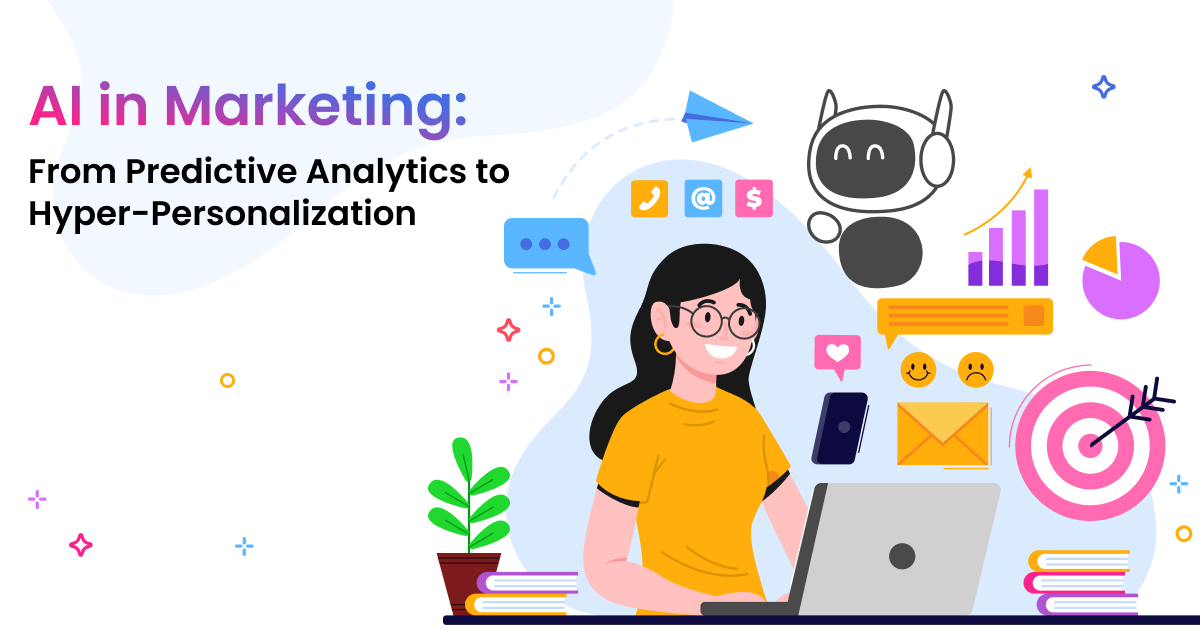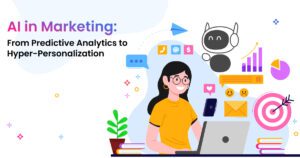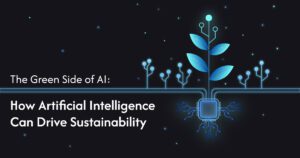AI in Marketing: From Predictive Analytics to Hyper-Personalization


Many technology leaders believe a detailed job description and a competitive salary are the primary tools needed to attract top AI marketing talent. This overlooks a critical disconnect: elite AI experts aren’t browsing job boards; they are solving complex problems. The friction this creates is immense, leading to months of wasted engineering time on unqualified interviews and significant project delays. This hidden consequence is a loss of competitive advantage as marketing initiatives stall and your best people burn out. A systematic approach to talent verification is the only way forward, especially when a single bad hire can cost up to 30% of that employee’s first-year earnings. This article provides a new framework to close this information gap, enabling you to build a world-class team and hire with confidence.
The core challenge in hiring for specialized roles isn’t a talent shortage; it’s a verification crisis. A polished resume can list every popular machine learning library, but it fails to prove a candidate’s ability to connect complex models to tangible business outcomes. For roles focused on AI marketing, this gap is particularly dangerous.
A candidate might excel at building a model for predictive analytics but completely miss the nuances of customer segmentation and ethical data use. Another might talk about marketing automation but lack the deep technical skill to build a custom recommendation engine. This disconnect between stated skills and proven ability creates significant risk.
The stakes are too high for guesswork. With 80% of consumers more likely to buy from a brand offering personalized experiences, the ability to execute on AI personalization is a strategic imperative. Relying on traditional interview methods is like trying to assess a surgeon based on a multiple-choice test it tells you what they know, not what they can do.
To move from uncertainty to confidence, you need a new mental model for evaluation. Instead of relying on self-reported skills, a robust vetting framework assesses candidates through three distinct lenses. This systematic approach ensures you hire an expert who can not only build the technology but also drive strategic growth. This is why platforms like Expertshub.ai prioritize a multi-stage vetting process that validates ability, not just credentials.
This goes far beyond whiteboard coding puzzles. True technical validation involves hands-on, practical assessments that mirror real-world challenges.
An AI expert without business context is just a technician. This lens evaluates their ability to connect technical work to the P&L.
Past performance is the most reliable predictor of future success. This final lens focuses on concrete proof of execution.
By applying this three-lens framework, organizations can drastically improve hiring outcomes. In fact, teams using pre-vetted talent platforms can reduce their time-to-hire by an average of 65%, allowing them to start delivering value faster.
Adopting a rigorous vetting framework does more than just de-risk a single hire; it fundamentally changes how you build and scale your AI capabilities. It shifts your organization from a reactive, time-consuming hiring cycle to a proactive, strategic approach to talent.
For a CTO, this unlocks several key advantages:
Ultimately, this modern approach ensures your investments in AI marketing are backed by talent capable of executing your vision, turning ambitious goals into measurable results.
Measure specific business KPIs that their work directly impacts. This can include increases in customer lifetime value (CLV), improvements in conversion rates on product recommendations, or a reduction in customer churn.
Yes. Modern talent platforms are designed for flexibility, allowing you to hire elite experts for project-based work, contract-to-hire roles, or long-term engagements, matching the talent to your specific need and timeline.
Browse our pre-vetted AI marketing experts and hire with confidence.


